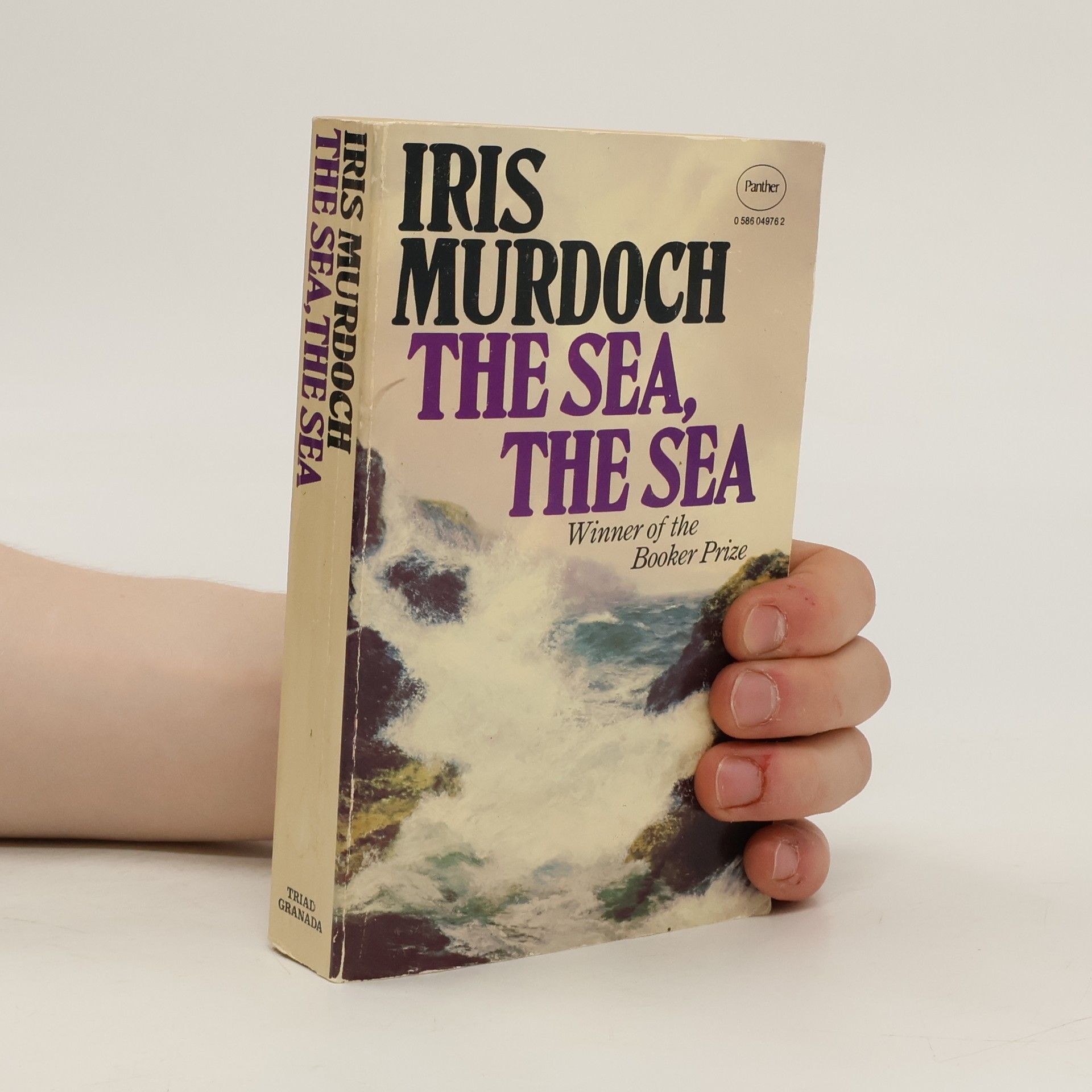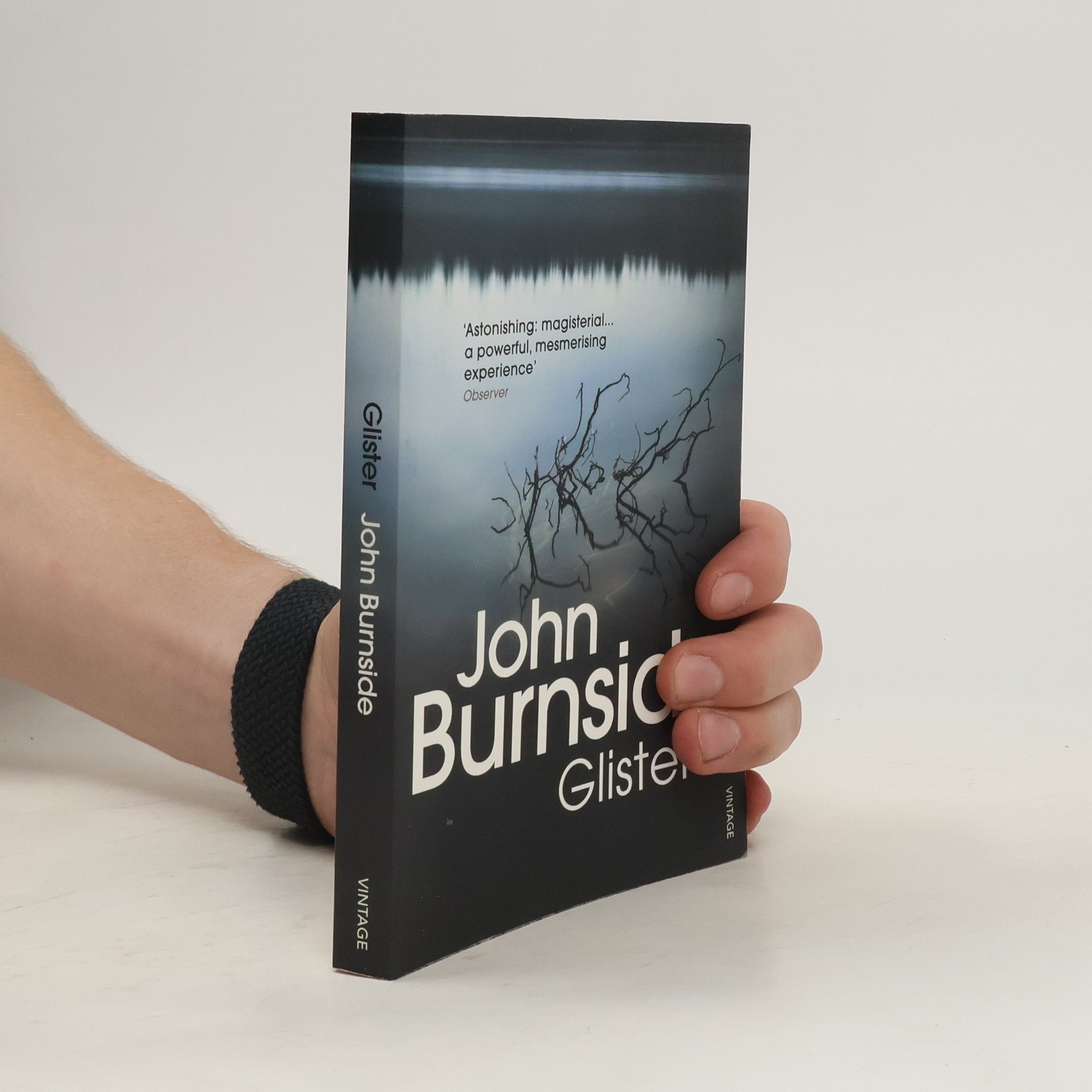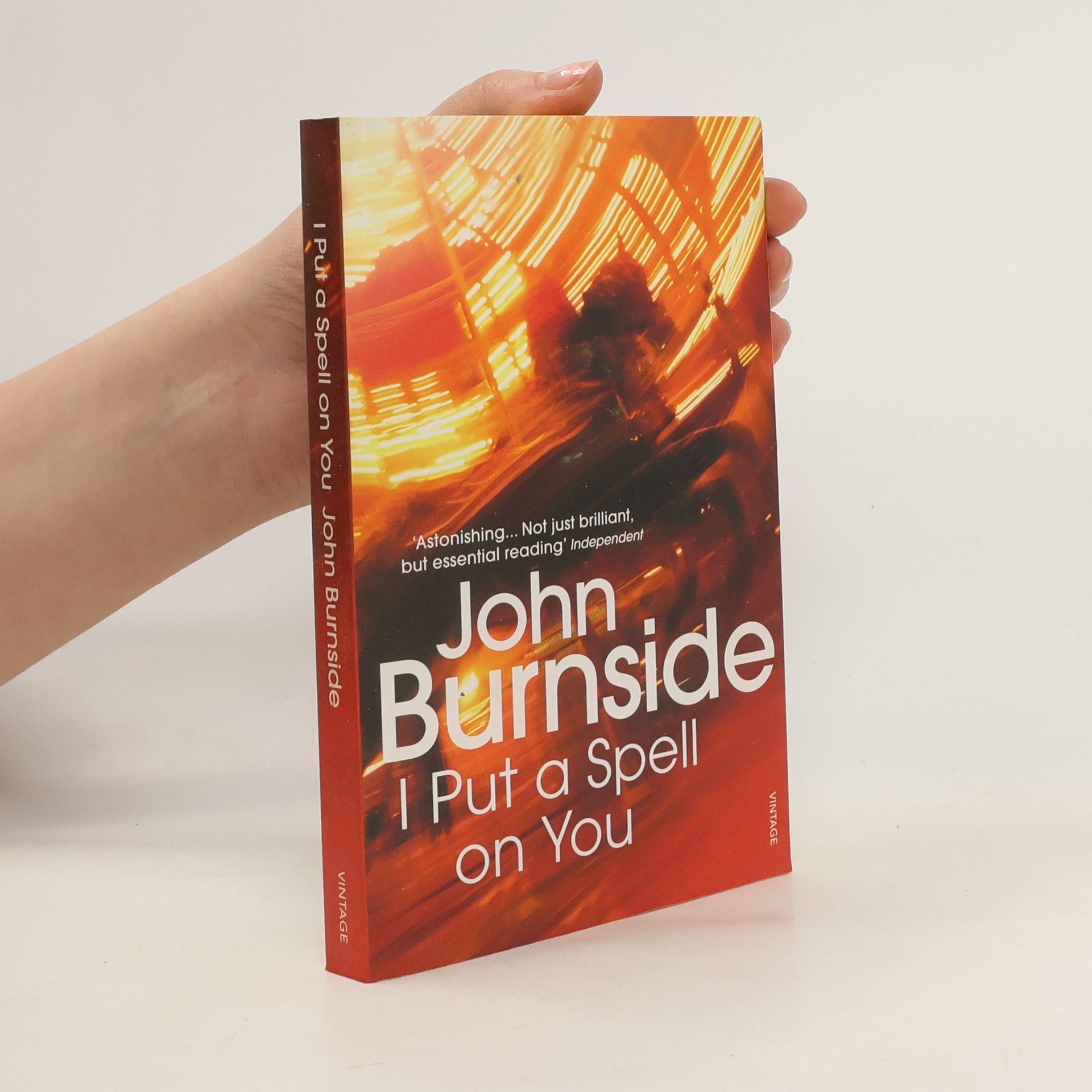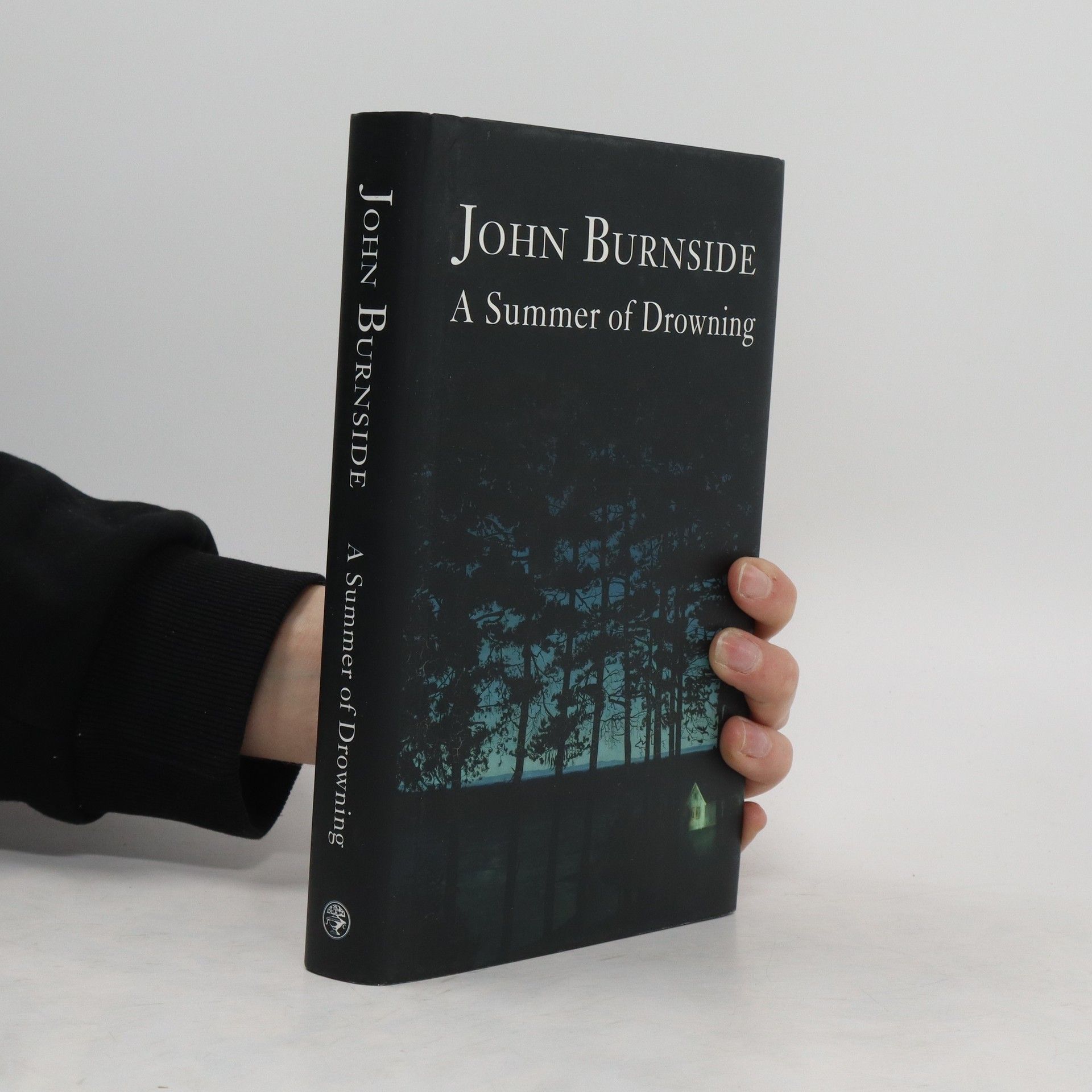The Music of Time
- 608pages
- 22 heures de lecture
Though we might not realise it, our collective memory of the twentieth century was defined by the poets who lived and wrote in it. At every significant turning point we find them, pen in hand, fingers poised at the typewriter, ready to distil the essence of the moment, from the muddy wastes of the Western front to the vast reckoning that came with the end of empire. This is the first and only history of twentieth century poetry, by the acclaimed poet, author and academic John Burnside. Bringing together poets from times and places as diverse as Tsarist Russia, 1960's America and Ireland at the height of the Troubles, The Music of Time reveals how poets engaged with and shaped the most important issues of their times - and were in their turn affected by their context and dialogue with each other. This is a major work of scholarship, that on every page bears witness to the transformative beauty and power of poetry.








